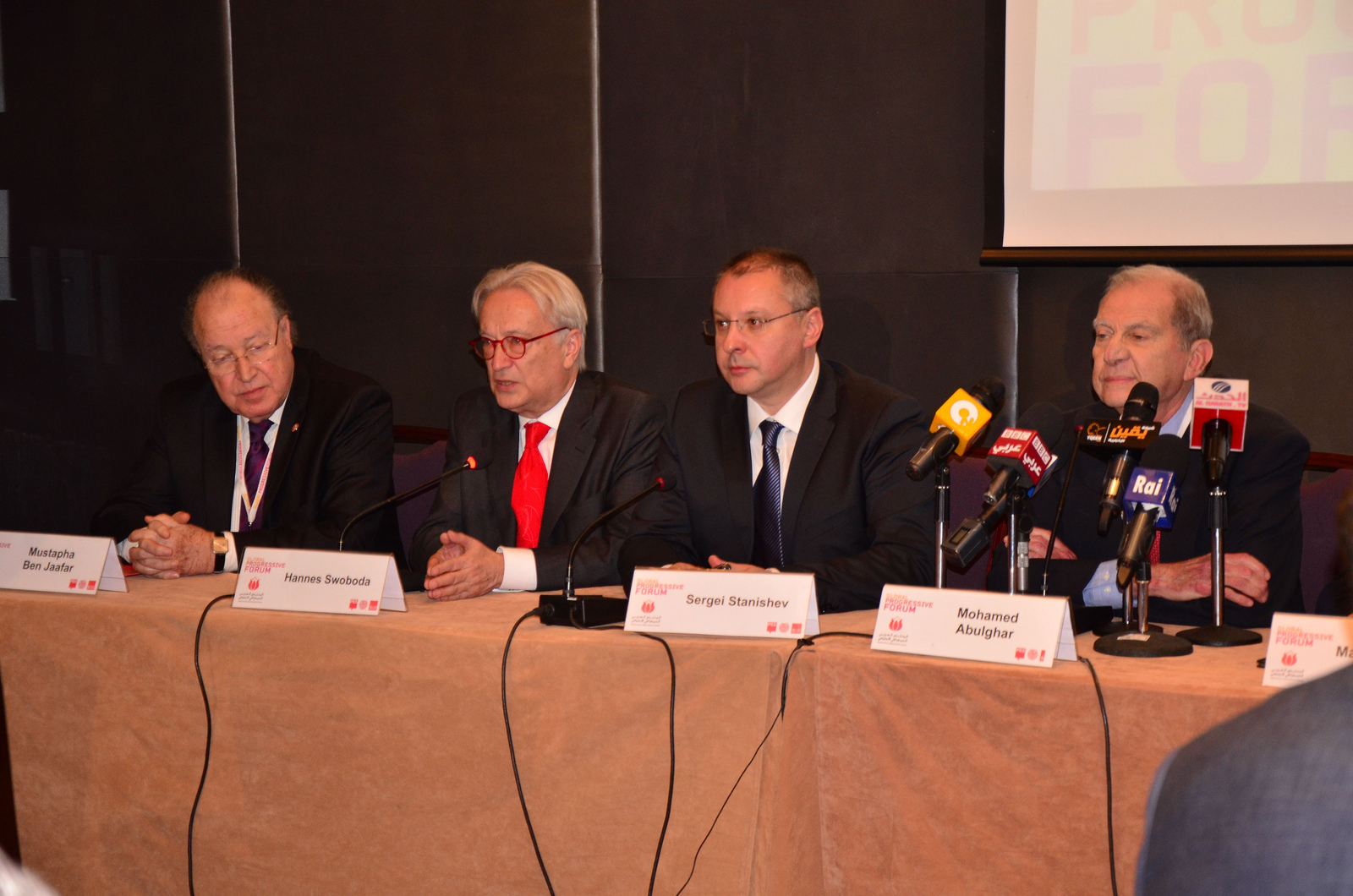Minister of Investment and Foreign Trade Hassan El-Khatib chaired a meeting of the Board of Directors of the Export Subsidy Fund to discuss the budget of the 2025/2026 Export Rebate Programme.
El-Khatib highlighted ongoing coordination with Minister of Finance Ahmed Kouchouk and all relevant government entities regarding the Export Rebate Programme, within a comprehensive governmental vision to support exports, maximise their returns, and strengthen exporters.
During the meeting, the full framework of the new Export Rebate Programme for FY 2025/2026 was reviewed. The programme has been allocated a total budget of EGP 45bn, including EGP 38bn distributed across various export sectors, in addition to EGP 7bn in flexible funding to expand targeted thematic programmes.
The meeting also discussed the implementation rules for the additional support package, which covers several core pillars designed to address the drivers of export growth. These include support for training and capacity building within companies; specialised quality certifications and environmental sustainability; and machinery and equipment upgrades to boost production capacity. The package also includes shipping support; an air freight support programme; support for exports carrying an Egyptian brand; assistance for regional and international market expansion; subsidies for shipping costs to selected markets; support for Upper Egypt and border regions; and funding for registration fees on global e-commerce platforms to help SMEs access international markets.
The minister also presented several proposals to enhance the programme’s impact over the medium term. These included applying incentives based on economic complexity to direct support toward higher-tech, higher-value products; adding new products to the programme; launching a fully integrated foreign trade digital platform; investing in human capital to expand Egypt’s export-specialist talent pool; attracting major multinational companies to invest for export; and investing in infrastructure that supports export operations.
El-Khatib emphasised a key workstream focused on upgrading policies that support both goods and services exports. He stressed that improving quality, accreditation, and compliance with global standards is essential to enhancing the efficiency and added value of Egyptian exports.
He affirmed that Egypt’s recent positive trade performance reflects a more sustainable trajectory in addressing the historical trade deficit, noting that current industrial and commercial efforts aim to increase exports and reduce the deficit to what could become its lowest level in the past decade.
El-Khatib added that current trade and industrial policies are anchored in a clear principle: supporting local industry without restricting imports in a way that harms production plans or development pathways. The improvement in trade balance figures, he said, confirms the soundness of this approach, and efforts continue to boost the competitiveness of Egyptian products and expand their access to foreign markets.
The minister also reviewed efforts to improve customs clearance procedures and reduce release times, noting that the strategic target is to bring the average clearance duration down to two days. Egypt has currently reached an average of 5.8 days, with continued collaboration with the Ministry of Finance to implement a package of 29 reform measures aimed at improving trade flow rates at ports and entry points.
El-Khatib added that these advancements align with the state’s goal of elevating Egypt’s global ranking to among the top 50 countries in cross-border trade indicators, while improving logistics efficiency and the overall business environment.
The meeting also reviewed the project to train and qualify young graduates to build a new generation of skilled exporters. The project aims to train around 500 young men and women over two years, with a total budget of EGP 7m provided by the Export Development Fund.
The meeting concluded by reaffirming continued coordination between the Ministry of Investment and Foreign Trade and various government bodies to ensure the effective implementation of the new programme, strengthen the capabilities of productive sectors, and achieve sustainable growth in Egyptian exports in the coming years.




